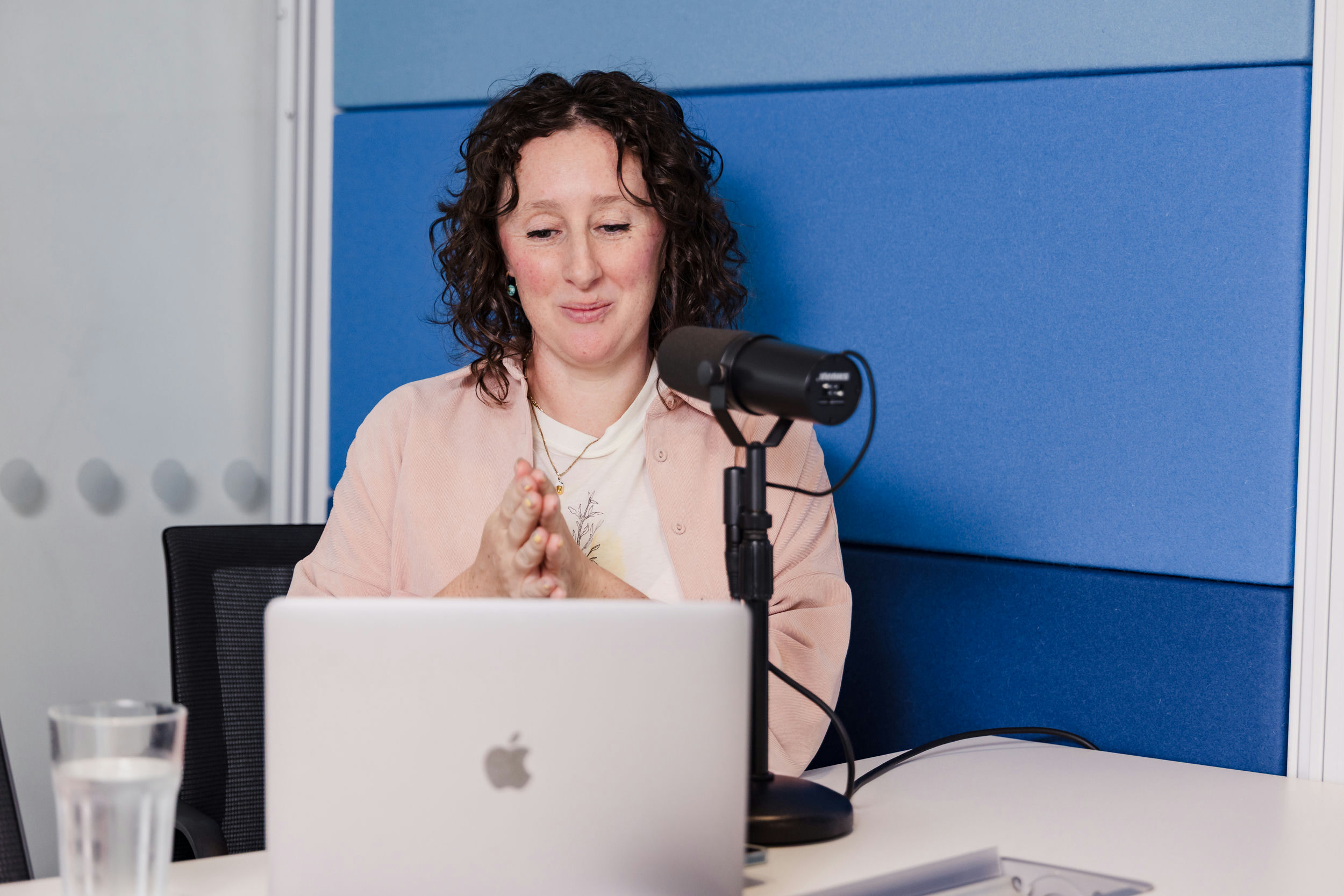One of the most common pieces of feedback speakers get is: slow down. But here’s the truth – slowing down isn’t the right approach for everyone.
Some accents are naturally fecking fast. Some brains work at high fecking speed and need to get thoughts out quickly to feel authentic. Some brands thrive on energy and dynamism and a feeling of movement. The speed itself isn’t the issue – it’s how you use it.
The Real Issue with Speaking Quickly
If people struggle to understand you, the problem isn’t necessarily your pace. It’s more likely that your voice technique isn’t keeping up. Your lips, tongue, and articulators might be tripping over themselves, making your words unclear. And you got it, that’s where vocal training comes in.
With the right warm-ups and exercises, you can sharpen your articulation so that even at speed, your message is crystal clear. The goal isn’t to slow down – it’s to make sure your voice can keep up with your amazing brain.
When Should You Slow Down?
Slowing down should be a creative decision. It should add drama, create tension, or enhance meaning – not just be a blanket rule to make you a “better” speaker. If someone tells you to slow down, ask why, and then decide if they’re right.
If the only reason is “I couldn’t understand you,” then sure, that’s useful feedback but it doesn’t mean you have to drop your natural pace. Instead, you might need to refine your delivery so that clarity and speed work together.
The Listener’s Responsibility
Let’s flip the script for a second. If you’re in the audience and struggling to understand a speaker, consider this: are you actually listening?
New accents, fast speakers, tricky acoustics – these things happen. And speakers are doing their best in the moment, with the energy and nerves that come with being on stage. As a listener, sometimes you need to work a little harder too.
Want to Speak with Impact?
If you’re looking for a more creative, engaging approach to speaking – one that goes beyond generic advice like “slow down” or “stand still” – let’s have a wee chat. Because the way you speak should feel like you, not just a checklist of rules.




